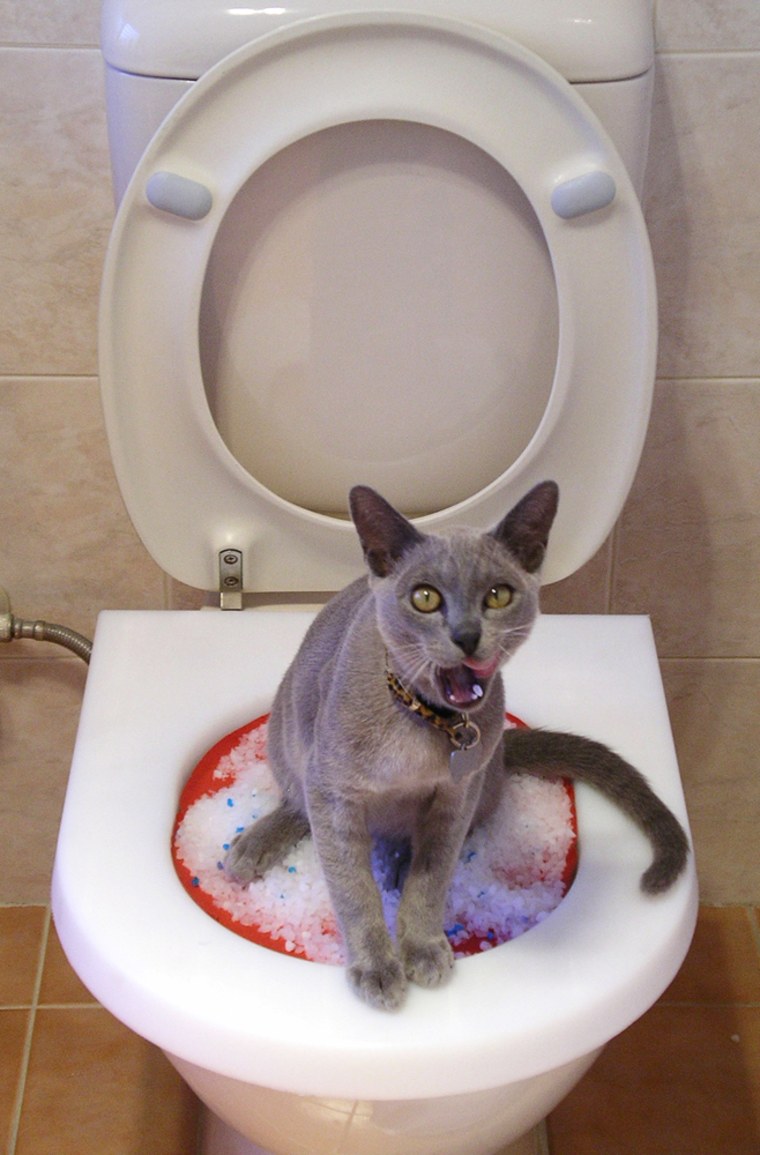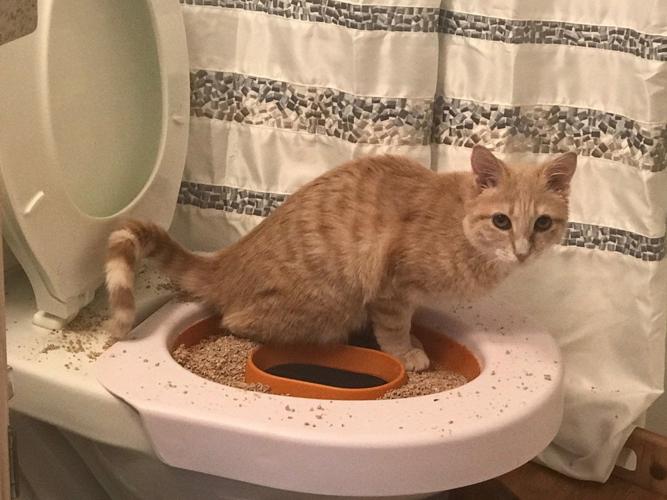Potential Risks of Flushing Cat Poop Down Your Toilet - Tips for Safer Disposal
Potential Risks of Flushing Cat Poop Down Your Toilet - Tips for Safer Disposal
Blog Article
In this article in the next paragraph you can find more amazing answers pertaining to Can You Flush Cat Poo or Litter Down the Toilet?.

Introduction
As feline owners, it's essential to be mindful of how we get rid of our feline friends' waste. While it may appear hassle-free to purge cat poop down the bathroom, this practice can have damaging repercussions for both the atmosphere and human wellness.
Alternatives to Flushing
The good news is, there are safer and much more responsible methods to take care of cat poop. Take into consideration the following options:
1. Scoop and Dispose in Trash
The most common approach of taking care of feline poop is to scoop it into a biodegradable bag and throw it in the garbage. Be sure to use a dedicated trash scoop and dispose of the waste without delay.
2. Usage Biodegradable Litter
Choose eco-friendly feline clutter made from materials such as corn or wheat. These trashes are eco-friendly and can be securely dealt with in the garbage.
3. Hide in the Yard
If you have a lawn, take into consideration burying cat waste in a designated location away from veggie gardens and water resources. Be sure to dig deep sufficient to avoid contamination of groundwater.
4. Install a Pet Waste Disposal System
Buy an animal waste disposal system especially designed for cat waste. These systems use enzymes to break down the waste, lowering smell and ecological effect.
Health Risks
In addition to environmental problems, purging pet cat waste can additionally posture health and wellness risks to humans. Cat feces may consist of Toxoplasma gondii, a bloodsucker that can cause toxoplasmosis-- a potentially severe disease, especially for expectant females and people with damaged body immune systems.
Ecological Impact
Purging feline poop introduces harmful virus and parasites into the water supply, posturing a substantial danger to marine environments. These impurities can negatively influence aquatic life and compromise water top quality.
Conclusion
Accountable pet ownership expands beyond providing food and sanctuary-- it additionally entails correct waste monitoring. By avoiding flushing cat poop down the commode and opting for alternative disposal approaches, we can reduce our environmental impact and shield human health.
Why You Should Never Flush Cat Poop Down the Toilet
A rose by any other name might smell as sweet, but not all poop is created equal. Toilets, and our sewage systems, are designed for human excrement, not animal waste. It might seem like it couldn’t hurt to toss cat feces into the loo, but it’s not a good idea to flush cat poop in the toilet.
First and foremost, assuming your cat uses a litter box, any waste is going to have litter on it. And even the smallest amount of litter can wreak havoc on plumbing.
Over time, small amounts build up, filling up your septic system. Most litter sold today is clumping; it is made from a type of clay that hardens when it gets wet. Ever tried to scrape old clumps from the bottom of a litter box? You know just how cement-hard it can get!
Now imagine just a small clump of that stuck in your pipes. A simple de-clogger like Drano isn’t going to cut it. And that means it’s going to cost you big time to fix it.
Parasitic Contamination
Believe it or not, your healthy kitty may be harboring a nasty parasite. Only cats excrete Toxoplasma in their feces. Yet it rarely causes serious health issues in the cats that are infected. Most people will be fine too if infected. Only pregnant women and people with compromised immune systems are at risk. (If you’ve ever heard how women who are expecting are excused from litter cleaning duty, Toxoplasma is why.)
But other animals may have a problem if infected with the parasite. And human water treatment systems aren’t designed to handle it. As a result, the systems don’t remove the parasite before discharging wastewater into local waterways. Fish, shellfish, and other marine life — otters in particular — are susceptible to toxoplasma. If exposed, most will end up with brain damage and many will die.
Depending on the species of fish, they may end up on someone’s fish hook and, ultimately on someone’s dinner plate. If that someone has a chronic illness, they’re at risk.
Skip the Toilet Training
We know there are folks out there who like to toilet train their cats. And we give them props, it takes a lot of work. But thanks to the toxoplasma, it’s not a good idea.

As an enthusiastic person who reads about Don’t flush cat feces down the toilet, I was thinking sharing that editorial was sensible. Loved our content? Please share it. Help someone else locate it. Thank-you for taking the time to read it.
Estimate Free Report this page